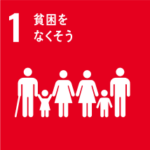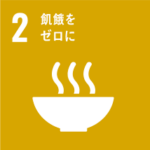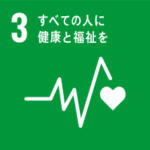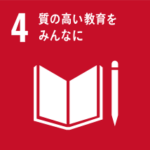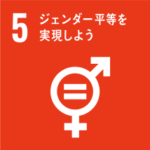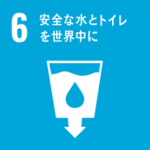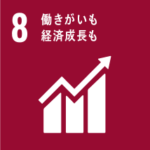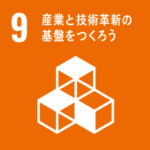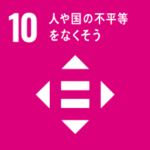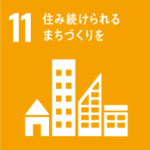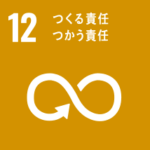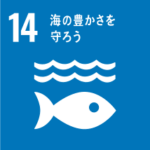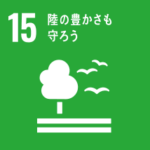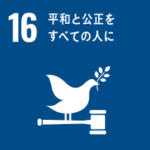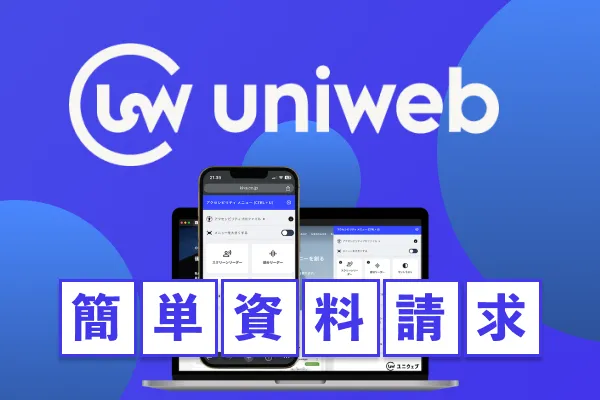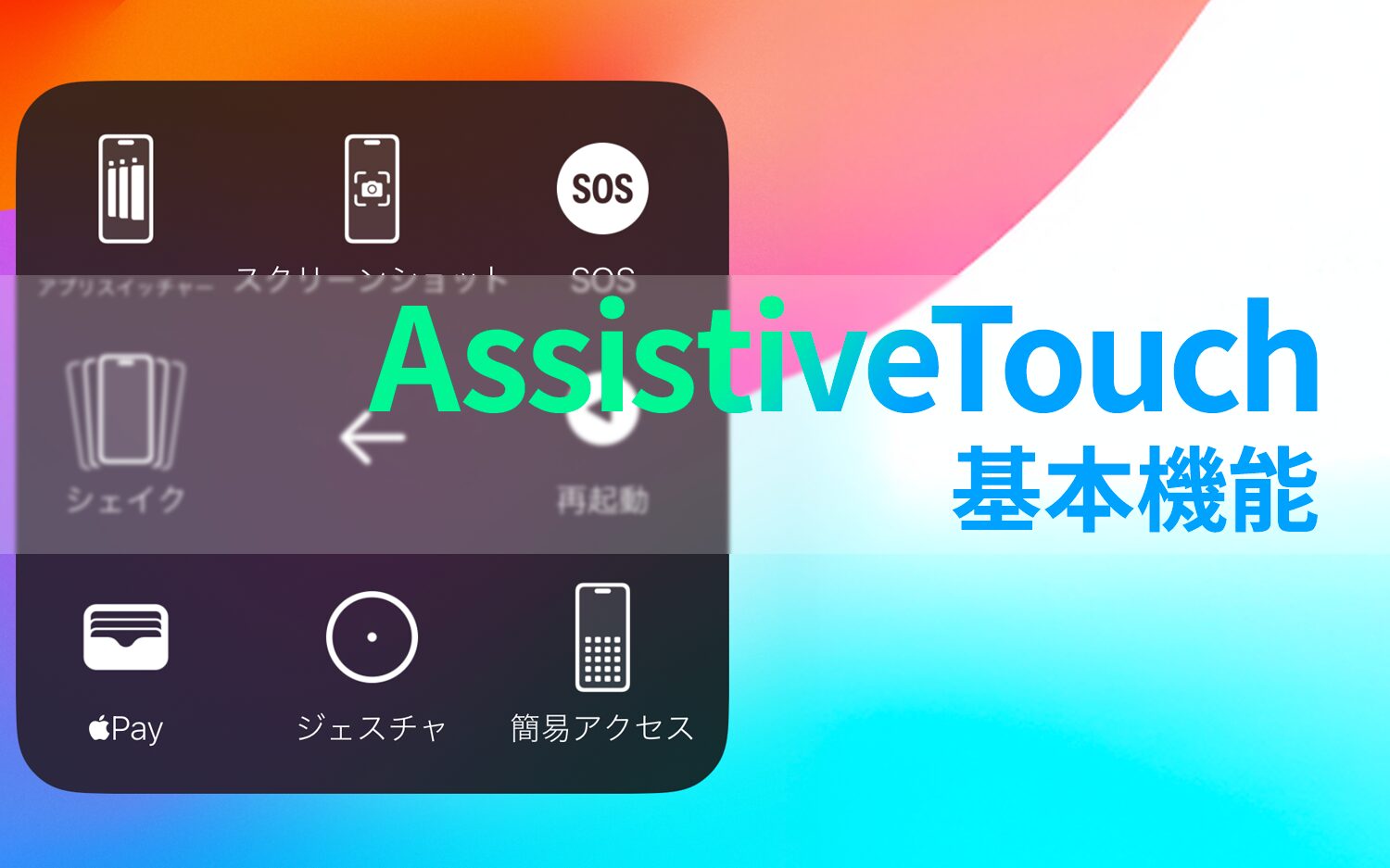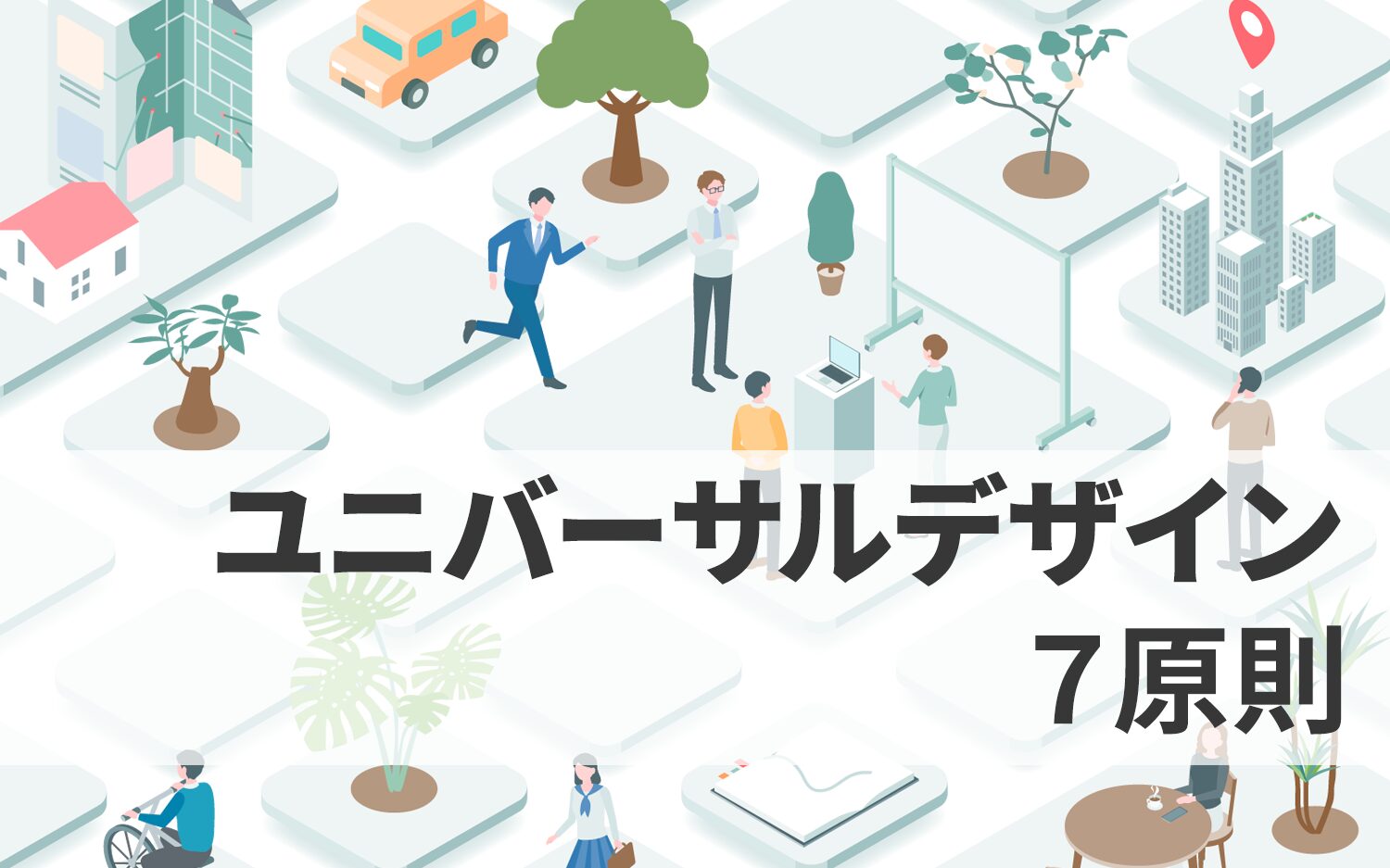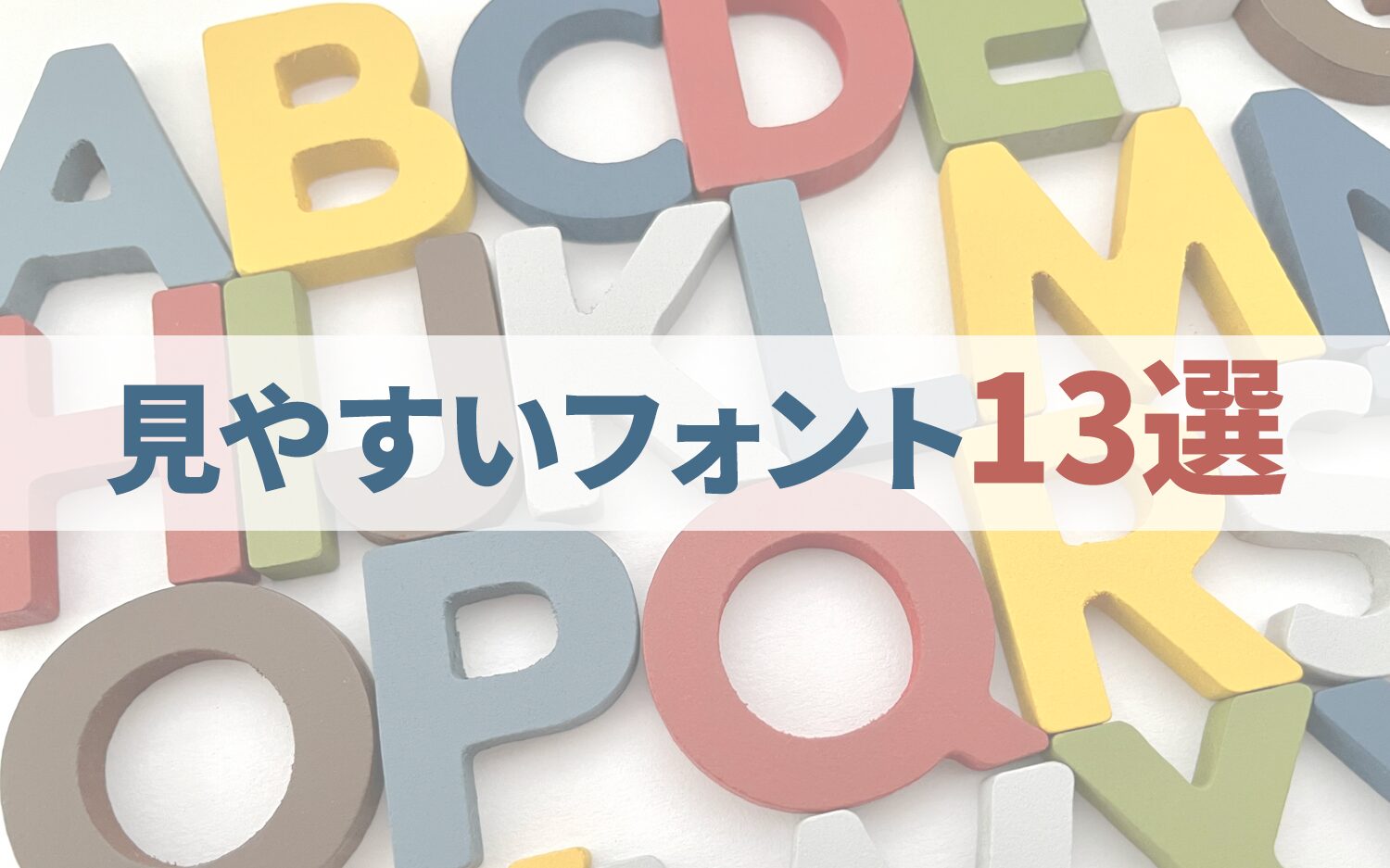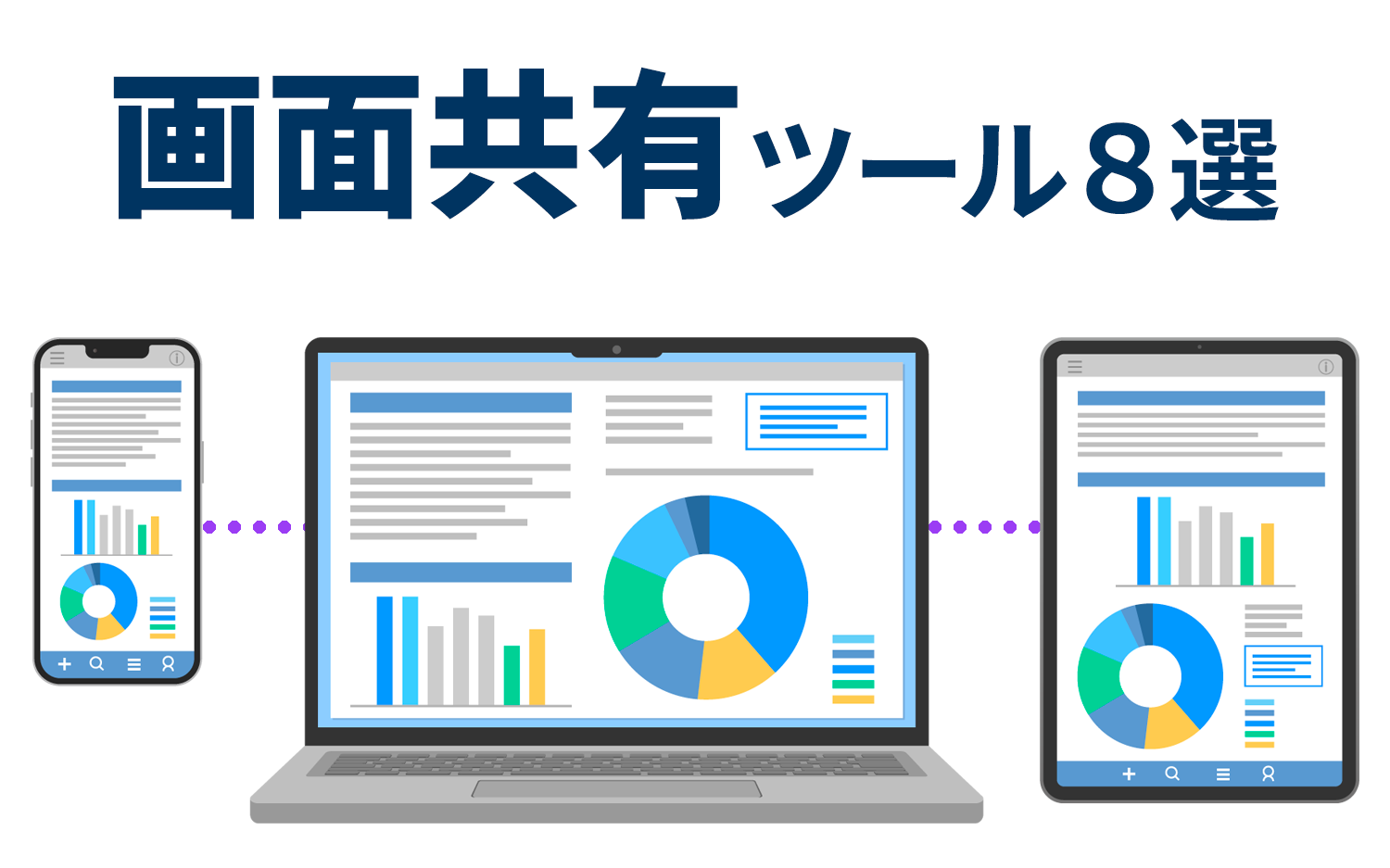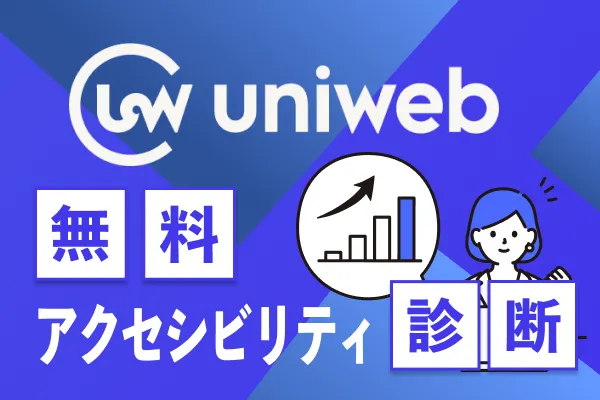15 "Case Studies of SDG Initiatives" that those in charge should benchmark
2025/05/20
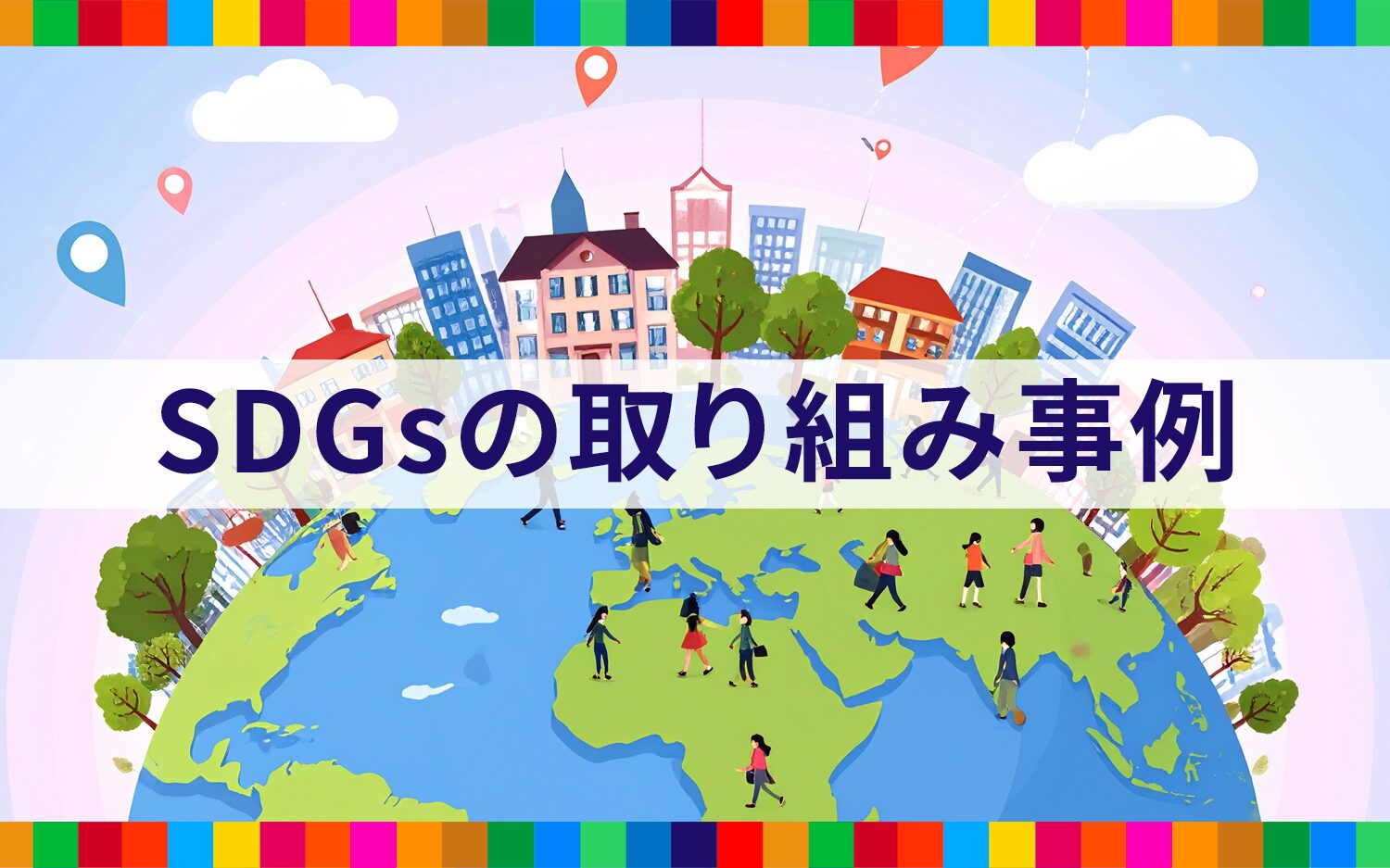
Toward the realization of a sustainable society,Corporate and Organizational Commitment to the SDGsHowever, many of the goals of the SDGs are expressed in abstract terms, and many company representatives wonder what their company can do to contribute to the achievement of the SDGs.
It is helpful in these situations,Examples of specific initiatives being implemented in the actual fieldThe practices of other companies and organizations provide us with benchmarks and hints for our own direction.
This article will introduce:The following four categories of SDG case studies from Japan and abroad will be presented.
①"Enterprise."Initiatives by
②Municipalities and Communities."Initiatives by
③Educational Institutions."Initiatives by
④Cross-Sector Collaboration."Initiatives by
Furthermore,Key points that lead to successful initiatives and points to keep in mind when implementing initiativeswill also be explained in detail.
Those who are in charge of companies, local governments, organizations, and associations that are going to work on the SDGs are encouraged to refer to this article and make use of it in their own efforts.
Table of Contents
- 1 What is the "ideal approach" in the 17 SDG targets?
- 2 15 specific examples of SDG initiatives
- 2.1 Examples of "Corporate" Initiatives
- 2.1.1 Case Study 1: Toyota Motor Corporation: Efforts to Create a Hydrogen Society
- 2.1.2 Case 2: NEC (NEC Corporation): Solving social issues using ICT
- 2.1.3 Case Study 3: Daiwa House Industry Co., Ltd.: Zero Energy Housing, Construction, and Urban Development
- 2.1.4 Case 4: Foilichi Co., Ltd.: Development of environmentally friendly products utilizing traditional craftsmanship
- 2.1.5 Case Study 5: Yamayama Corporation: Upcycling business of non-standard fruits
- 2.1.6 Case Study 6: Herald Bonnie Inc.: Business development using art by people with intellectual disabilities
- 2.2 Examples of Initiatives by Local Governments and Communities
- 2.2.1 Case 7: Isumi City, Chiba Prefecture: Introducing organic rice into school lunches and promoting environmental education
- 2.2.2 Case 8: Toyama City, Toyama Prefecture: Creating a sustainable city through compact city policies and enhanced public transportation
- 2.2.3 Case Study 9: Kitakyushu City, Fukuoka Prefecture: Realization of a Recycling-Oriented Society through the Eco-Town Project
- 2.3 Examples of Initiatives by "Educational Institutions
- 2.3.1 Case 10: Miyagi University of Education: Implementation of SDGs curriculum through school-community collaboration
- 2.3.2 Case Study 11: Kanazawa University: Intergenerational Education for Sustainable Community Development
- 2.3.3 Case ⑫ Tokyo Gakugei University: SDG training for teachers using GLOBE
- 2.4 Examples of "Cross-Sector Collaboration" Initiatives
- 2.1 Examples of "Corporate" Initiatives
- 3 Three key points for successful SDG initiatives
- 4 Two things to keep in mind when working on the SDGs
- 5 Conclusion
What is the "ideal approach" in the 17 SDG targets?
The Sustainable Development Goals (SDGs) were established by the United Nations to achieve a sustainable society,17 goals and 169 targetsIt consists of
In order to help you understand which goals are most familiar to you and your organization, we have compiled a brief definition of each goal, as well as a list of specific examples of ideal initiatives.
◆List of 17 SDGs goals and ideal approaches
Citation: Sustainable Development Goals (SDGs) and Japan's efforts (Ministry of Foreign Affairs)
Although each of the SDGs may at first glance appear to be a national-level issue, they are in factIt is closely related to our daily life and business.
As the above examples of initiatives show, it is quite possible for companies and local governments to contribute to the SDGs in their daily operations and business activities.
The purpose of working on the SDGs is not simply to contribute to society.Leveraging your company's strengths to solve social issues will help you develop a new customer base, increase employee engagement, and gain the trust of investors and business partners.
The next section will present some actual examples.
15 specific examples of SDG initiatives
In order to translate the principles of the SDGs into real actions, it is a great help to know how other organizations are working on the SDGs.
In fact, organizations in various capacities, such as corporations, local governments, and educational institutions, are contributing to the creation of a sustainable society while leveraging their own strengths.
Here are some examples of such SDGs in practice.Categories of "Businesses," "Municipalities and Local Communities," "Educational Institutions," and "Cross-Sector Collaboration"The following section will be divided into the following sections.
Examples of "Corporate" Initiatives
From large corporations to small and medium-sized enterprises and start-ups, all companies are making advanced efforts to place the SDGs at the core of their management strategies.
Case Study 1: Toyota Motor Corporation: Efforts to Create a Hydrogen Society
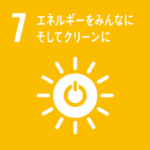
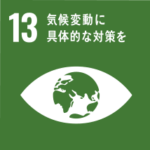
Toyota Motor Corporation aims to realize a sustainable society using hydrogen,Fuel Cell Electric Vehicle (FCEV)Development and dissemination ofWe are working on
◆Structure of FCEV vehicles
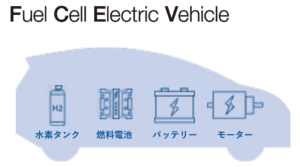
Source: Toyota Motor Corporation Integrated Report 2023
In addition, the development of hydrogen stations and,Building infrastructure for hydrogen supplyThrough these efforts, we are contributing to the realization of a decarbonized society.
Reference: Integrated Report 2023(Toyota Motor Corporation)
Case 2: NEC (NEC Corporation): Solving social issues using ICT
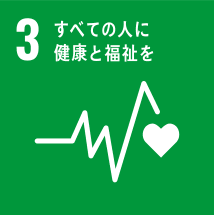
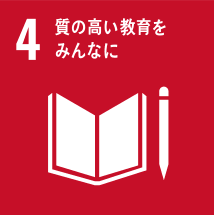
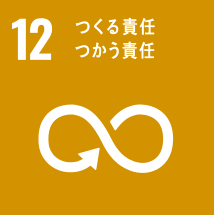
NEC is working to solve social issues using ICT technology, specifically,AI-based supply and demand optimization platformWe are working to reduce food loss by introducing
◆Demand and Supply Optimization Platform Mechanism
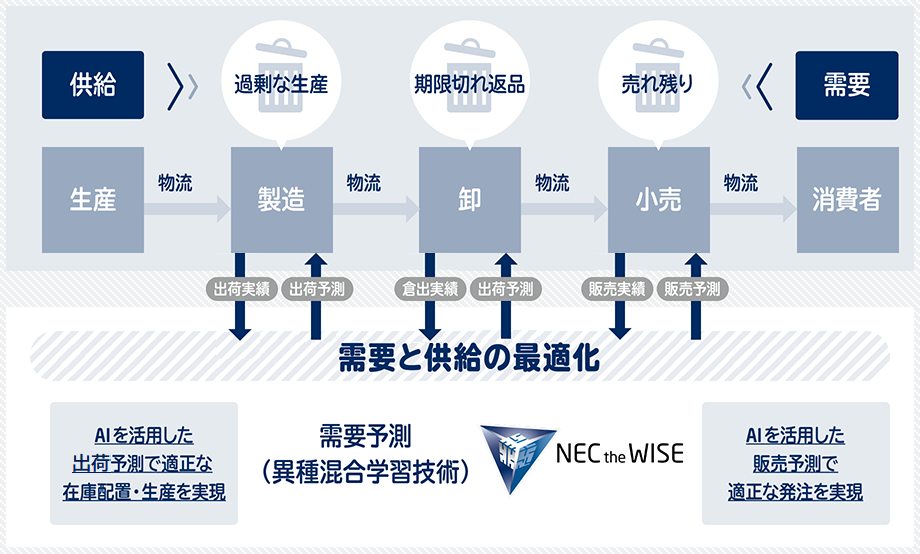
Source: NEC Official Site
It also entered the school lunch program in Chile,School lunch distribution management system using fingerprint authenticationThe introduction of this system contributes to the maintenance of children's health and wellness.
Reference: Supply and Demand Optimization Platform、CSR Report 2017(both NEC)
Case Study 3: Daiwa House Industry Co., Ltd.: Zero Energy Housing, Construction, and Urban Development
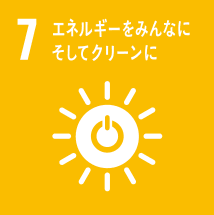
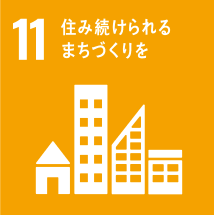
Daiwa House Industry is promoting energy-efficient construction that utilizes natural lighting and natural ventilation, in addition to high thermal insulation, highly efficient energy-saving equipment, and solar power generation equipment.
In 2010, the housing industry's firstNet Zero Energy House (ZEH)and realize theWe are also actively involved in the development of smart cities that aim for zero energy consumption throughout the city.。
ZEH Detached Houses

Reference / Image source:Spread of ZEH and ZEB, which use carbon-neutral energy wisely through urban development(Daiwa House Industry Co.)
Case 4: Foilichi Co., Ltd.: Development of environmentally friendly products utilizing traditional craftsmanship


Headquartered in Kanazawa City, Ishikawa Prefecture, Foilichi Co,We are developing environmentally friendly products by utilizing traditional gold leaf manufacturing techniques.The company is committed to environmental initiatives such as reducing waste loss and the use of plastic products.
◆Wooden spoons reduce plastic waste

Source: Foilichi Co.
In addition,Use of recycled paper for product packagingWe promote sustainable use of resources, such as
Reference: Official Corporate Site(Foilichi Co., Ltd.)
Case Study 5: Yamayama Corporation: Upcycling business of non-standard fruits
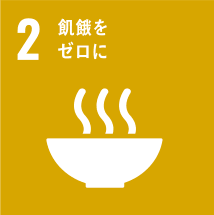

Yamayama Co,Upcycling business utilizing substandard and unmarketable fruitThe company is developing aFruits that were to be discarded are used as raw materials toand dried fruits.
◆Dried fruit products made from discarded and substandard fruit

This helps reduce food loss and increase farmers' profits.
Reference: PRODUCT(Yamayama Co., Ltd.)
Case Study 6: Herald Bonnie Inc.: Business development using art by people with intellectual disabilities
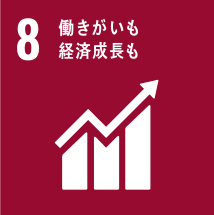
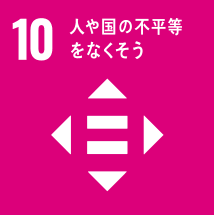
Herald Bonnie, Inc,Product development and licensing business using artwork drawn by people with intellectual disabilitiesThe company contracts with artists and pays them a fee for the use of their works, thereby helping people with disabilities achieve financial independence.
◆Collaboration products with art works by people with disabilities

We also aim to realize a symbiotic society by communicating the talents and individuality of people with disabilities to society through art.
Reference: Changing the world through "welfare x art x business" What is Herald Bonnie?(METI Journal ONLINE)
Examples of Initiatives by Local Governments and Communities
Aiming to solve local issues and create sustainable communities, many local governments are developing SDGs measures with the participation of local residents.
Case 7: Isumi City, Chiba Prefecture: Introducing organic rice into school lunches and promoting environmental education



In Isumi City, Chiba Prefecture,Organic Farming Promotion Council established in 2012The city is working to promote a balance between the environment and the economy by bringing together citizens, government, and related organizations.
Organic farming in rice and vegetable production and,Use of organic produce in school lunches and nursery/children's school lunchesThe city is promoting environmentally friendly produce branding, urban-rural exchanges, and food, agriculture, and environmental education throughout the city.
◆Isumi City Organic School Lunch
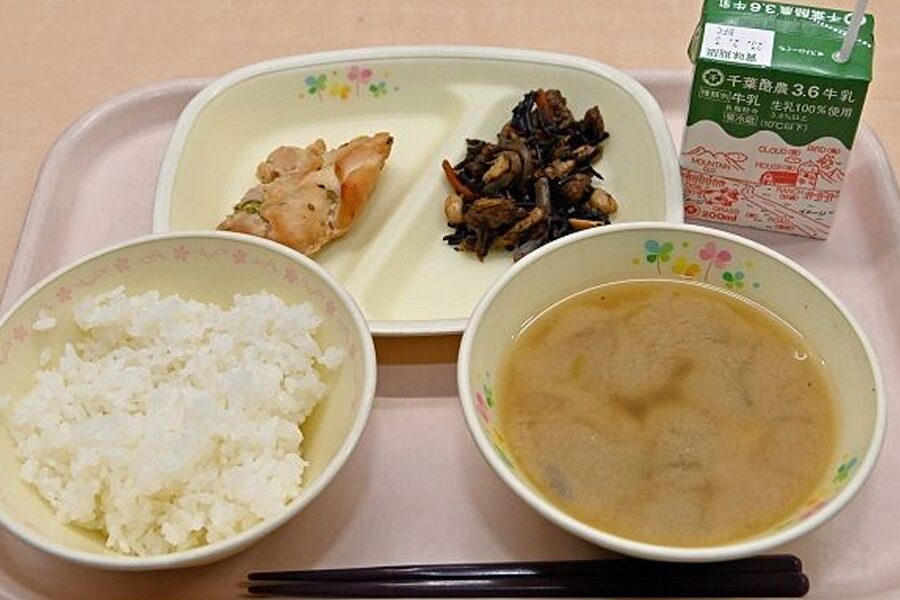
※Out of the canon:Tokyo Shimbun
Organic "Isumikko" rice produced in the city is used 100% for school lunch rice.
Reference: Isumi City Official Website
Case 8: Toyama City, Toyama Prefecture: Creating a sustainable city through compact city policies and enhanced public transportation


In Toyama City,Compact city" policy that concentrates urban functions in the center of the cityto promote and enhance public transportation to create a sustainable city.
◆Compact City Policy of Toyama City
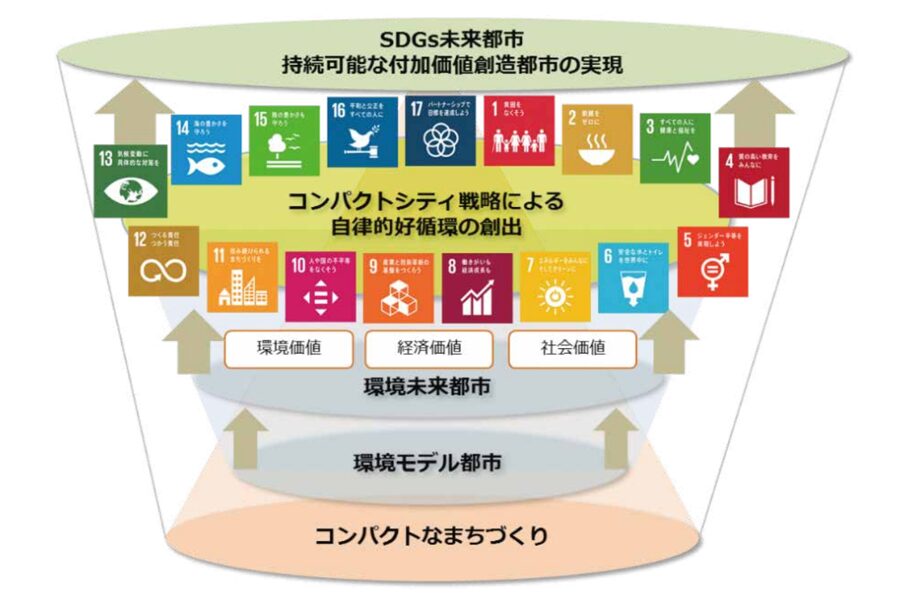
※Canon: Toyama City SDGs Future City Plan
This will improve convenience for citizens with limited mobility, such as the elderly and those raising children, andReduction of CO2 emissionsThe company also contributes to the
Reference: Toyama City SDGs Future City Planner(SDGs Future City Toyama)
Case Study 9: Kitakyushu City, Fukuoka Prefecture: Realization of a Recycling-Oriented Society through the Eco-Town Project



Kitakyushu City is,Recognized as the first Eco-Town project by the government in 1997.The Hibikinada area is the center of a resource-recycling society.
The city has a concentration of companies engaged in wind power generation and various recycling businesses, and promotes waste recycling and the introduction of renewable energy,The Eco-Town Center has been established as a center for environmental learning and educational activities for citizens and businesses.
◆ Tour of the Eco Town Center
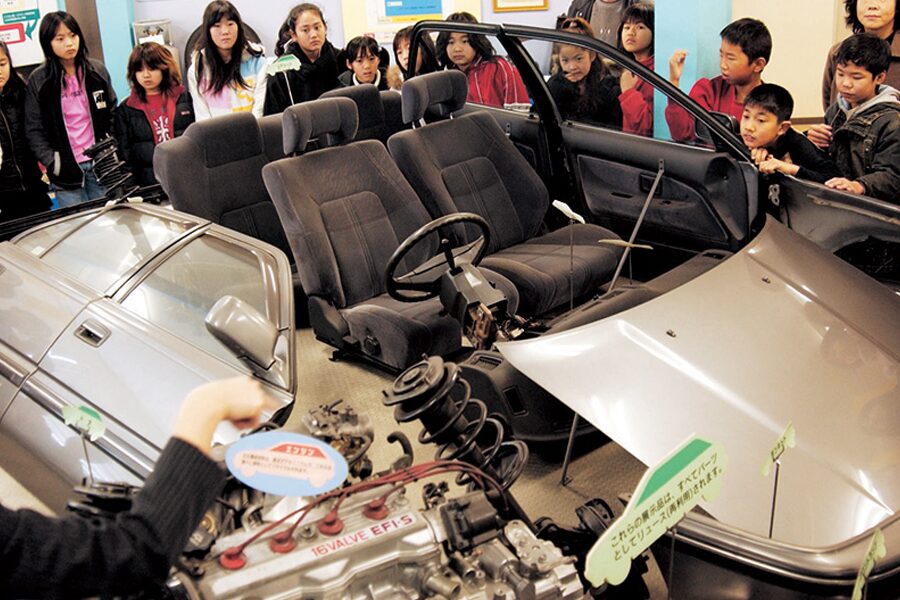
Source:Kitakyushu Eco-Town Center
Examples of Initiatives by "Educational Institutions
There is a growing movement among educational institutions across Japan to incorporate the SDGs into school education with the aim of passing on values to the next generation.
Case 10: Miyagi University of Education: Implementation of SDGs curriculum through school-community collaboration



Miyagi University of Education mutually empowers individual teachers, the school as a whole, and the community as a wholeDevelopment of "SDG Curriculum" and evaluation methodsWe are working onSelf-assessment (Self-reflection)Through this program, exchanges of educational practices, teaching materials, evaluation methods, etc. were promoted among teachers, schools, and communities.
◆Overall image of "SDGs Curriculum" and "Self-Reflection
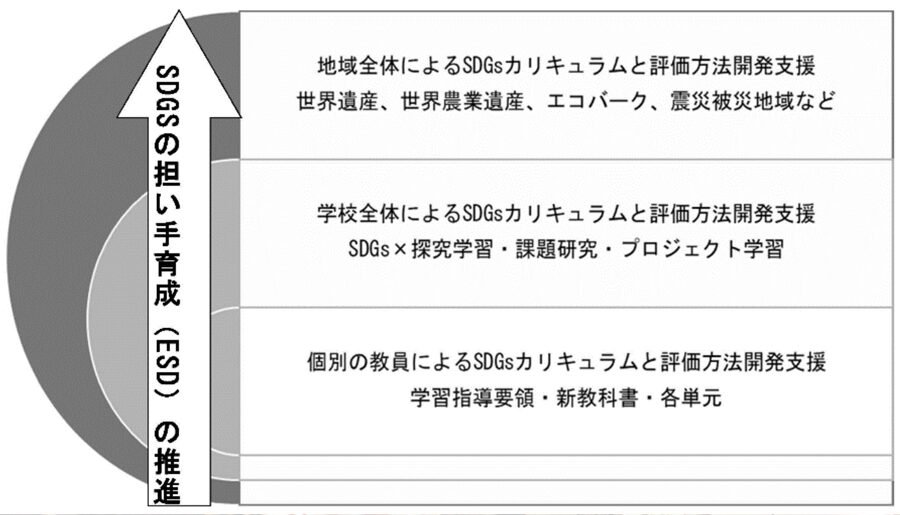
Source: FY2022 SDG Achievement Leadership Development (ESD) Promotion Project [Initiatives and Results].
This initiative is being implemented at UNESCO schools and SDG-promoting schools in the Tohoku region.
Reference: FY2022 SDGs Achievement Leadership Development (ESD) Promotion Project [Initiatives and Results (MEXT)
Case Study 11: Kanazawa University: Intergenerational Education for Sustainable Community Development



Kanazawa University is a partnership of universities, local governments, and UNESCO-recognized local communities for young people and the elderly.Special curriculum to promote intergenerational learningWe are developing a
◆ Symposium held in Hakusan City, Ishikawa Prefecture
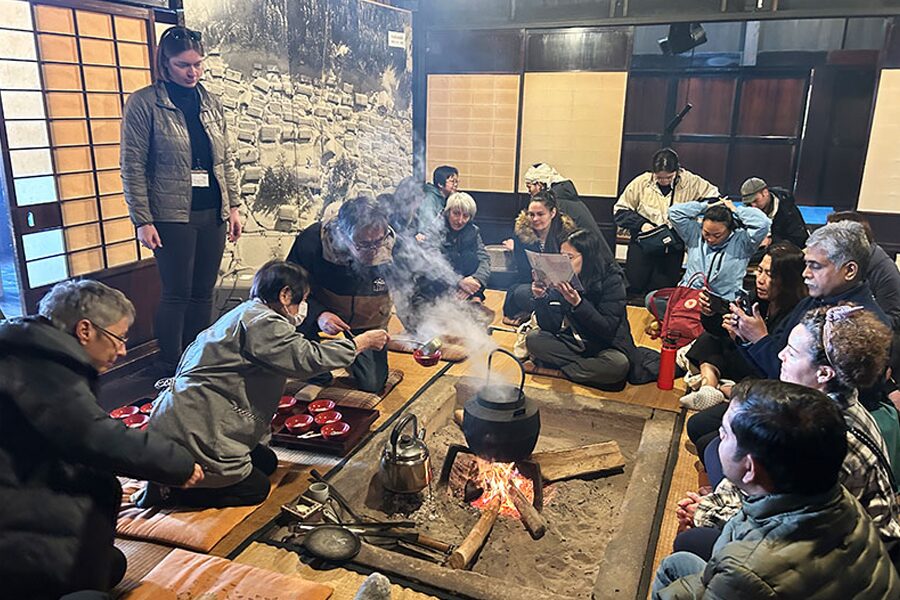
※Out of the canon:Kanazawa University
The above photos were taken at Kanazawa University's Kakuma Campus and in Hakusan City, Ishikawa Prefecture.International University Collaboration Symposium on UNESCO Eco-Parks and World GeoparksThe state of the
We aim to realize resilient and sustainable communities through learning about local resources and living experiences with local residents using UNESCO Eco Parks.
Reference: FY2022 SDGs Achievement Leadership Development (ESD) Promotion Project [Initiatives and Results (MEXT)
Case ⑫ Tokyo Gakugei University: SDG training for teachers using GLOBE

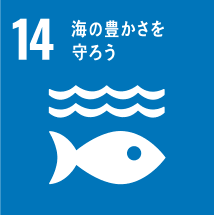
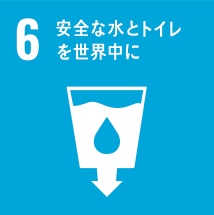

Tokyo Gakugei University offers a global science education programTeacher training program using GLOBEThe company develops and implements
Faculty members learn scientific observation methods and data applications for air and water quality surveys,Providing practical learning systems and methods for SDGs in school education。
◆Chemical analysis of river water
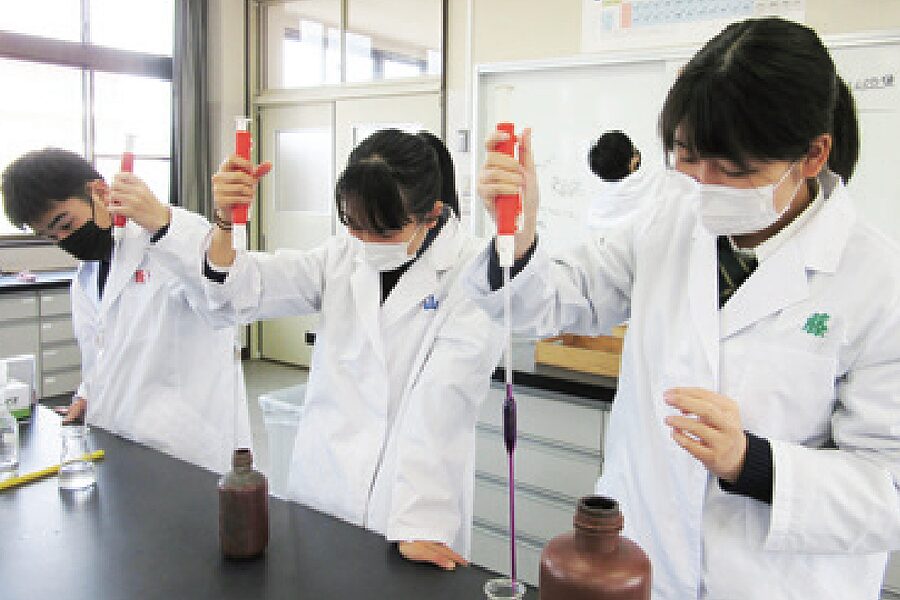
Reference / Image source:Join the Japanese-style Globe movement to achieve the SDGs!(Tokyo Gakugei University)
Examples of "Cross-Sector Collaboration" Initiatives
Collaboration among different actors such as corporations, local governments, and NPOs is creating a significant social impact toward achieving the SDGs.
Case Study⑬ Shizuoka City: Utilization of unused resources through industry-academia-government collaboration



In Shizuoka City, D.H.A. Marine Foods Corporation, Tokai University School of Marine Science and Technology, Shizuoka Prefectural Institute of Industrial Technology, and nanairo Co,Product development utilizing underutilized resources of marine products (tuna)The company is conducting the following activities.
◆Image of Initiatives

Source: 2022 Shizuoka City SDGs Collaboration Award Collaboration Case Studies
This initiative aims to reduce food loss and make effective use of local resources,The ability to replenish nutritional value from discarded materialshas been recognized as a high quality initiative.
Reference: 2022 Shizuoka City SDGs Collaboration Awards Case Studies(Shizuoka City)
Case Study ⑭ Gunma Prefecture: Cross-Industry Collaboration through "Gunma Future Innovation LAB
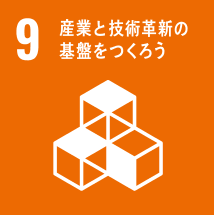

In Gunma Prefecture, cross-industry collaboration platformGunma Future Innovation LABThrough the collaboration of companies, universities, financial institutions, and other organizations through theSolving local issues and creating new businessesWe are working on
◆ "Weeding of pavement sections using cement milk" as part of the project
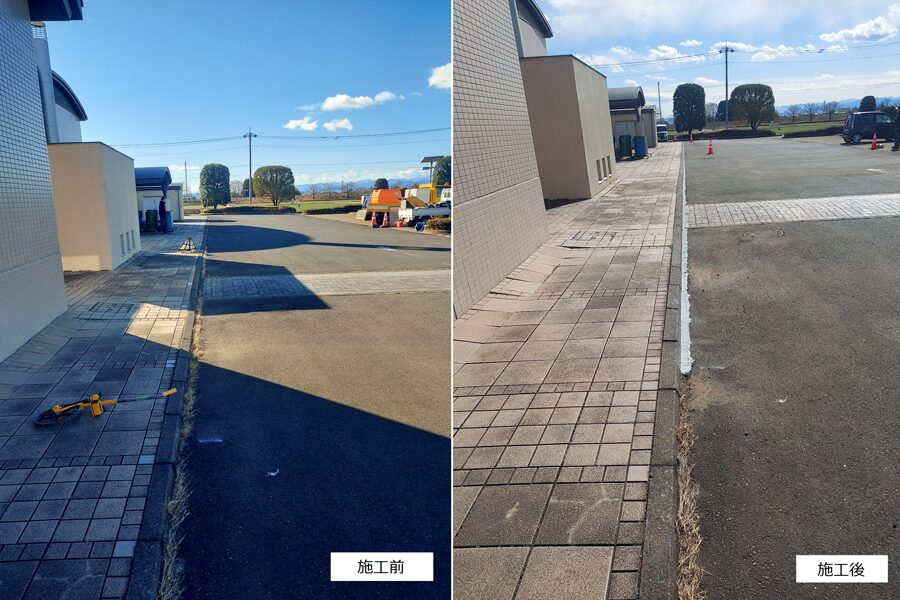
Source: Gunma Future Innovation LAB
This initiative aims to achieve the SDGs and sustainable development of the region.
Reference: Gunma Future Innovation LAB
Case 15: River Corporation: Establishment of a "Venous Industry Platform


River Corporation forms a network with waste disposal and recycling companies,Venous Industry PlatformThis platform is building aPromote proper disposal of waste and effective use of resources, andWe aim to realize a recycling-oriented society.
This initiative is linked to Kitakyushu City's Eco-Town concept, which aims to promote resource recycling and reduce environmental impact through cooperation among industries.
Reference: Approach through collaboration(River Co., Ltd.)
Thus, efforts to realize the SDGs are taking place in a great variety of forms, including corporations, local governments, educational institutions, and cross-sector partnerships, in order to realize a sustainable society,It is important to accumulate actions that can be taken in each position, regardless of business size or industry.
However, it is necessary to keep several points in mind in order to not only "work on it" but also to produce and sustain results, which will be explained next.
Three key points for successful SDG initiatives
There are several common success factors that will ensure that SDG efforts are effective and sustainable and not just a one-time activity.
Here are three points common to many of the examples, based on specific examples from the companies and municipalities mentioned in the previous section.
Point 1: Integrate with management policies and government policies.
Incorporate SDG initiatives into management plans and basic policies of local governmentsThis will ensure that the activities do not end up as one-off measures, but are sustainable from the perspective of overall optimization.
◆Specific examples of point (1)
Toyota Motor Corporation has announced the "Achievement of Carbon Neutrality" in its Integrated Report.Positioned at the core of medium- to long-term management objectivesThe company is continuously promoting the development of technologies for the realization of a hydrogen society and the popularization of FCEVs.
In Isumi City, Chiba Prefecture, a regional strategy integrating "food, agriculture, and the environment" combining organic farming and school lunches,The program is developed in cooperation with the government, schools, and the community.
Point 2) Clarify achievement goals and KPIs
How to make your efforts pay off,Visualize quantitatively and qualitatively which SDGs goals are to be achieved, by when, and how.The following is a list of the most important factors that need to be taken into account when making a purchase.
◆Specific examples of point (2)
NEC Corporation (NEC) has introduced an AI-based food supply and demand forecasting system.Reduce food loss by Fat %.and other specific KPIs, and link them to actual business improvements.
In Kitakyushu City's Eco-Town project,Recycling rate and CO₂ emissions in the city are indexed.The Company uses this information as an evaluation indicator for the continuation and development of its business.
Point 3) Public relations and communication that involves both internal and external parties
Knowing" the SDGs does not lead to results; employees' voluntary involvement and,Publicity and participation mechanisms to gain sympathy from the community, customers, and business partnerswill be essential.
◆Specific examples of point (3)
Herald Bonnie, Inc. is a company that provides products in collaboration with art for people with disabilities through contracts and dialogues with artists, while widely disseminating their products to the society,A system involving three parties: company, customers, and societyThe company is building a
The Miyagi University of Education, through the implementation of the "SDGs Curriculum" in which teachers and the local community collaborate,Shared awareness among the three levels of the educational field, families, and local communitiesThe following is an example of the way in which this is being done.
Thus, in order to successfully implement the SDGs, it is important to align with your company's strategies and policies, set clear goals for their achievement, and nurture your efforts through ongoing dialogue with both internal and external parties.
Only when these three perspectives are in place will the SDGs evolve from "something to stand for" to "something that works.
Next, we will explain some of the points that can easily trip you up when working on the SDGs, as well as points to keep in mind to prevent your efforts from becoming a mere skeleton.
Two things to keep in mind when working on the SDGs
Here are two points to keep in mind when putting the SDGs into practice: these are points that must be kept in mind to ensure that SDG efforts do not end up as mere slogans or pretenses.
Caution #1: Dangers of "SDG wash".
In the course of SDG initiatives,Cases in which formal responses end up being formal and lose sight of the essentialsThese levels demonstrate how accessible a website is.
For example, a company may promote its commitment to the SDGs on its website or in its brochures, but not actually accompany it with concrete actions.SDGs Wash."risks undermining the credibility of the company.
◆SDGs Wash Case Study
In fact, companies considered SDG-washed,Can have serious repercussions such as consumer boycotts and loss of investor confidence。
Note 2: Distinguish between "real" and "performance".
It is important to distinguish whether a company's commitment to the SDGs is "substantive" or merely a "performance." companies make it look like they care about the environmentGreenwash."is another example.
◆Greenwash case study
Consumers and investors to determine if the company's efforts are substantial,Specific actions and resultsshould be checked.
Companies also increase the transparency of their efforts,Specific data and results must be made public to ensure credibility。
Conclusion
SDG efforts go beyond social and environmental contributions,It is an important strategy that is also directly related to the sustainable growth of the organization and building trust.
Important,We must build on our strengths while taking action in a realistic and sustainable manner.Regardless of the size of our efforts, moving forward steadily with what we can do is the key attitude for creating a better future.
Please take a hint from the various case studies introduced in this article and start your own SDG initiatives that are unique to your company or organization.
-
Contact Us
-
Request Info
-
Free Trial
-
Partner System

